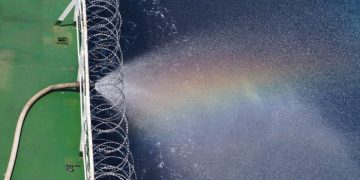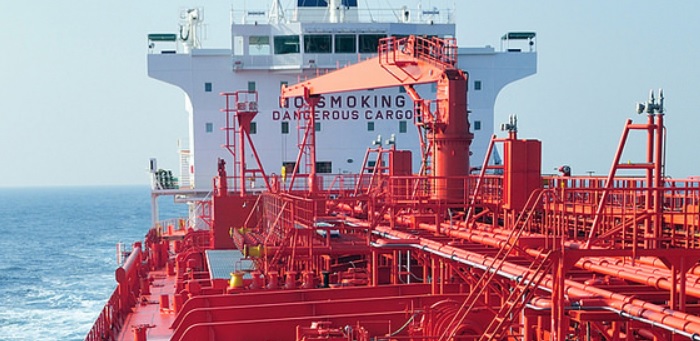Denmark has officially become the fourth state to accede to the global regime on compensation for damage caused by the carriage by sea of hazardous and noxious substances of the 2010 HNS convention. The Danish minister of business has requested the Danish Maritime Authority to enforce the rules of the convention in Denmark, including issuing insurance certificates for Danish ships.
The convention ensures a uniform and global set of liability rules for damage following carriage of HNS substances by sea. In the case of large pollution damage, where the damage exceeds a certain amount, the HNS Fund can be charged with the coverage of the damages by the HNS substances. The HNS Fund is administered by the IMO.
Although eight States (Canada, Denmark, France, Germany, Greece, the Netherlands, Norway and Turkey) signed the 2010 HNS Protocol, subject to ratification, only Norway, Canada and Turkey were the three States to have ratified the Protocol so far.
We are now making sure that potential victims of an incident with hazardous and noxious substances at sea, are more likely to receive compensation. This ensures better protection for all, once the convention enters into force internationally,
…said Director General Andreas Nordseth, Danish Maritime Authority.
To ensure liability for damage following an incident involving HNS, the registered owner of the ship is strictly liable to pay compensation.
Demands for ships carrying HNS substances DMA issues insurance certificates to Danish ships, which carry HNS substances. Parties to the HNS convention are required to ensure that ships, which sail under their flag, are insured. This also extends to controlling the insurance of foreign ships, which are calling at their ports. When does compensation by the HNS Fund apply? The shipowner’s liability provide the first layer of compensation, while the HNS Fund pays “top up” compensation when the economic costs of the damages exceeds the limit of the shipowner’s insurance. The shipowner’s liability is determined based on the tonnage of the ship. In the case of larger pollution incidents, where the damages exceed the limit of the shipowner’s liability, the HNS Fund can be required to cover the damages arising from HNS substances, corresponding to the system of compensation that applies to pollution damage that results from spills of persistent oil being carried by sea. The HNS Fund is financed by contributions from importers of HNS goods in those countries, which have ratified the HNS convention. The amount to be paid by recipients of HNS is proportionate to the tons of HNS substances received in the preceding year. The HNS Convention will enter into force 18 months after it has been acceded by twelve countries, meeting certain criteria regarding to tonnage and reporting annually the quantity of HNS cargo received in a State.




























































